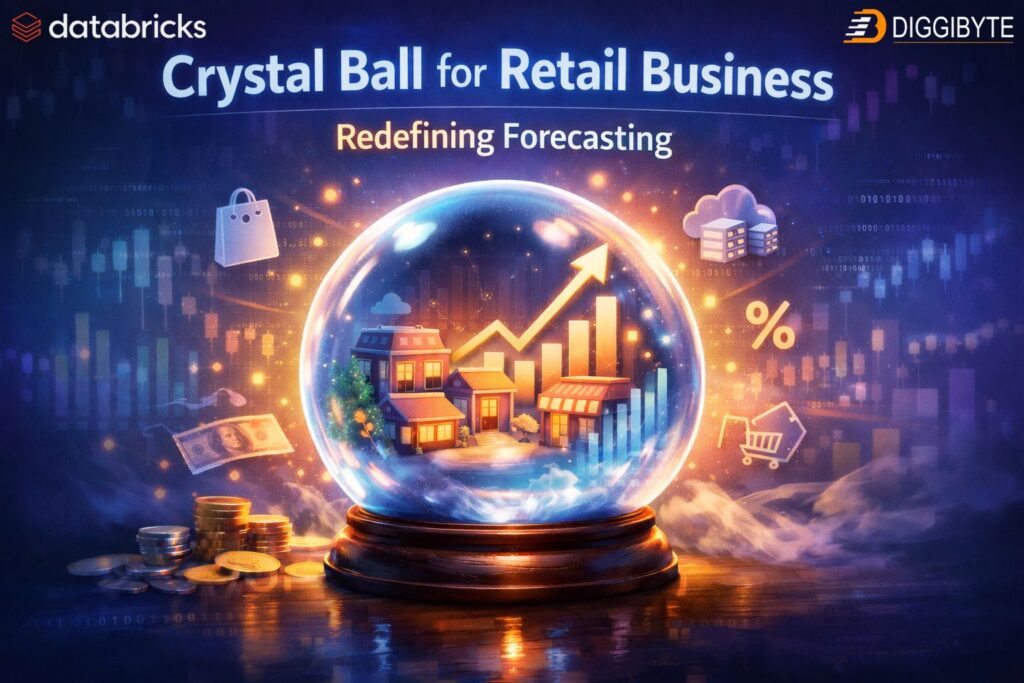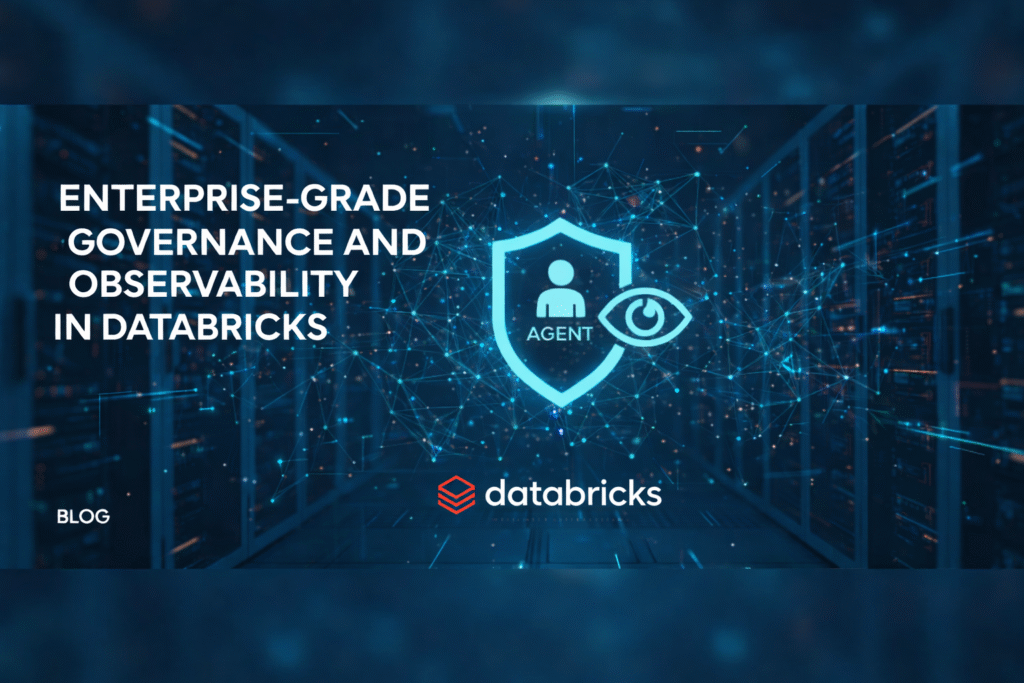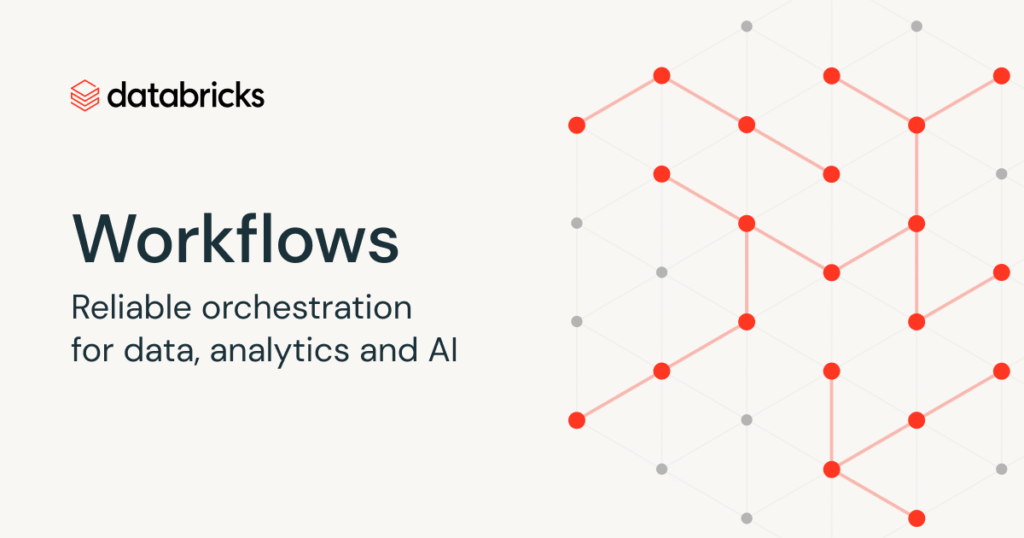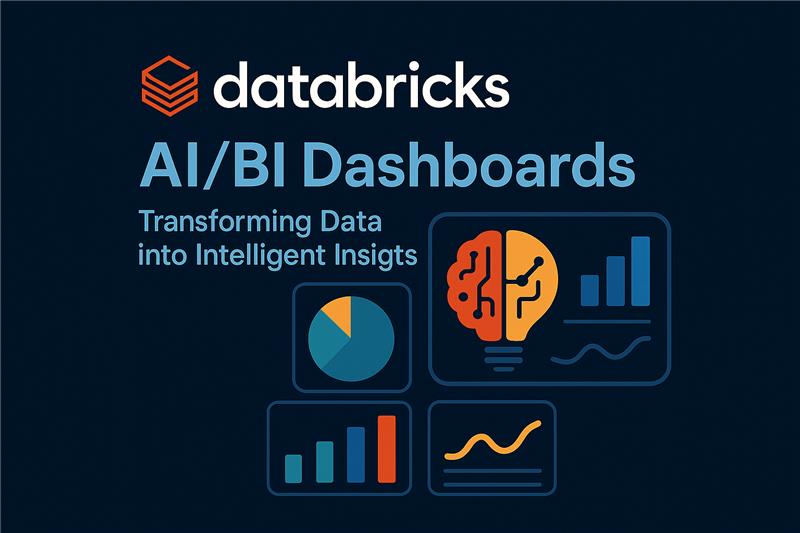Why Your Business Should Consider Databricks in 2026?

In 2026, businesses are mainly facing an unprecedented amount of data. The capability to harness the power of this data, turn it into actionable insights, and incorporate it smoothly into business operations has become more vital than ever before. In this case, one platform that has stood out in this regard is Databricks. When you […]
How to Choose the Right Databricks Partner? A 10-Point Checklist

Databricks is transforming the modern data landscape by enabling enterprises to handle vast data volumes, deliver real-time insights, and support advanced machine learning models in a data-driven world. Databricks, featuring its integrated data analytics environment, has become the preferred choice for enterprises aiming to refine their large-scale data operations. However, fully capitalizing on Databricks involves […]
Top 5 High-Impact Databricks Use Cases You Should Know

In data-driven enterprise environment, organizations are no longer asking whether they should modernize their data platforms, they are asking how fast they can do it. As data volumes grow and analytics evolve from descriptive to predictive, traditional data architectures struggle.This is where Databricks has emerged as a powerful unified data and AI platform, enabling enterprises […]
Unlock True Customer Insights with Shopper360 on Databricks

Retail and consumer goods businesses know one truth: customers are no longer loyal to brands; they are loyal to experiences. If shoppers don’t feel recognized, understood, and valued—whether in-store, online, or through a loyalty app—they move on quickly. Yet most companies struggle to deliver this level of personalization because their customer data is fragmented, duplicated, […]
FinQ for Finance Leaders: Turning Numbers into Narratives with Databricks

Finance isn’t just about reporting numbers anymore—it’s about shaping strategy, guiding capital allocation, and building resilience in a volatile world. CFOs and their teams sit at the centre of growth, profitability, and liquidity decisions, yet too often they are constrained by fragmented systems, static dashboards, and manual spreadsheets. In fast-moving markets, these limitations can be […]
People Decisions, Powered by Data: HRIQ + Databricks in Action

Hiring the right talent has always been one of the most critical priorities for organizations. Employees drive innovation, customer experiences, and long-term business performance. Yet despite its importance, the process of attracting, selecting, and onboarding employees has historically been riddled with inefficiencies. HR teams spend endless hours screening resumes, coordinating interviews, and onboarding new hires—only […]
Crystal Ball for Retail Business: DemandIQ + Databricks Redefining Forecasting

Retail has always been a business of margins, speed, and precision. Stock too little, and you lose customers to competitors. Stock too much, and you tie up working capital in slow-moving inventory while increasing markdown risks. Add in promotions, seasonality, supply disruptions, and rapidly shifting consumer behavior—and forecasting becomes less of a science and more […]
Enterprise-Grade Agent Governance and Observability in Databricks

Building AI agents with LangGraph and foundation models is relatively straightforward today. You can create a sophisticated multi-agent system that orchestrates complex workflows, reasons through problems, and delivers intelligent responses within hours. However, here’s the sobering reality: 87% of AI projects never make it to production, and governance challenges are among the top reasons why. When […]
Building Your First Workflow in Databricks: A Step-by-StepGuide to Parameters, Triggers, and More

Have you ever wanted the data pipelines to function like clockwork, without any manual interventions, and with full control over when and how they run? With Databricks Workflows, we can seamlessly combine data engineering, analytics, and machine learning in one place, with orchestration tightly integrated into the Lakehouse. Unlike ADF, they eliminate the need for […]
Databricks AI/BI Dashboards: Transforming Data into Intelligent Insights

In a world driven by data, organizations require more than static reports — they need real-time, intelligent visual analytics that guide decisions dynamically. Databricks AI/BI (Artificial Intelligence for Business Intelligence) Dashboards redefine this potential by combining AI-driven insights, intuitive interactivity, and scalable architecture on a single platform. AI/BI dashboards unify data modeling, visualization, and AI […]